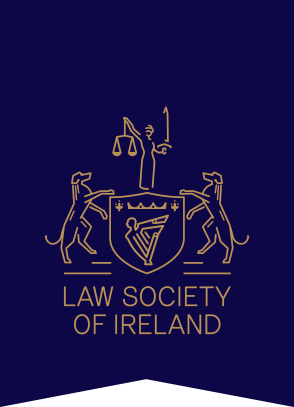Wills and the importance of making a will
It is important to make a will as it ensures after your death that your assets are distributed according to your wishes. There are also some tax considerations involved and by leaving your assets in a particular way you can limit the tax to be paid by your beneficiaries.
What if you die without making a will?
If this happens you will have absolutely no control as to how your assets are divided. Irish law under the Succession Act sets out the rules for distributing one’s assets where there is no will. So for example, if you die leaving a spouse and children then your spouse is entitled to two-thirds of your estate and your children are entitled to the remaining one-third equally.
What problems can arise?
Many problems arise frequently in cases where there is no will such as:-
– where there is no way to deal with any tax issues that arise;
– no way to change the distribution to each child;
– where there are children under 18 there are no Guardians or Trustees appointed to deal with their estate;
– if you are separated but not yet divorced your spouse or civil partner may still be able to make a claim on your estate until the divorce is finalised.
The Civil Partnership and Certain Rights and Obligations of Cohabitants Act 2010
– If you’re in a relationship, you may be entitled to a share of their estate when they die regardless of whether they have made provision for you in their will. Married couples automatically have a “legal right share” in their spouse’s estate;
– Under the above Act same sex couples and cohabitants now have similar rights;
– If you’re a same sex couple, once your relationship is registered you will be entitled to a share of your partner’s estate irrespective of what provision has been made for you in their will. The share you get depends on whether you have children or not;
– If you are a cohabitant, you do not automatically have a right to your partner’s estate. However the Act has allowed cohabitants to make an application to court for provision out of the deceased partner’s estate. In order to qualify you will need to be living with your partner for two years if you have children or five years if you do not have children. However, you must make the application within six months of the grant of probate.
The advantages of making a will
– You decide how your assets are to be divided;
– You can make special provision for any specific objects such as personal possessions that have sentimental value or the family home;
– You have control;
– If you are an unmarried couple you can ensure that your partner is provided for;
– You can determine who will manage your affairs on your death;
– You can ensure that your will is as tax efficient as possible taking advantage of the tax thresholds available;
– You will have peace of mind that your estate will be divided as you wish and you can ensure that the people you choose will administer your estate. The preparation of a will allows you to choose your executor who will deal with the winding up of your estate in the way you have requested;
– It will also make it easier for your loved ones to deal with your affairs when you are gone. Dying without a will adds all sorts of complications to the administration of an estate and can increase the cost and work involved for the executors. For example, when there is no will the executors are usually required by the Probate Office to obtain an Administration Bond which is a form of insurance policy before any funds can be gathered in.
In my next article I will write about instances where a will can be challenged.
Niall Colgan is a Solcitor based in Cork City with over 10 years experience.
Tags: making a will, wills










